When it comes to choosing the perfect pair of shoes, materials play a vital role in determining their durability, comfort, and overall quality. One of the most debated topics in the world of shoes is the comparison between synthetic leather and genuine leather. Synthetic leather, a man-made alternative, has been gaining popularity, challenging the reign of traditional leather. In this article, we will delve into various aspects of both types of shoes, assessing their qualities, environmental impact, and value for the modern consumer. Quality and Durability: Leather shoes have long been considered a symbol of luxury and high quality. Genuine leather possesses a unique texture and appearance that synthetic alternatives strive to replicate. Leather shoes, being made from animal hide, are inherently more durable and resistant to wear and tear. They tend to mold to the wearer’s feet over time, providing unmatched comfort and a personalized fit. In contrast, synthetic leather shoes, while improving in quality, often struggle to match the durability and natural qualities of their genuine counterparts.
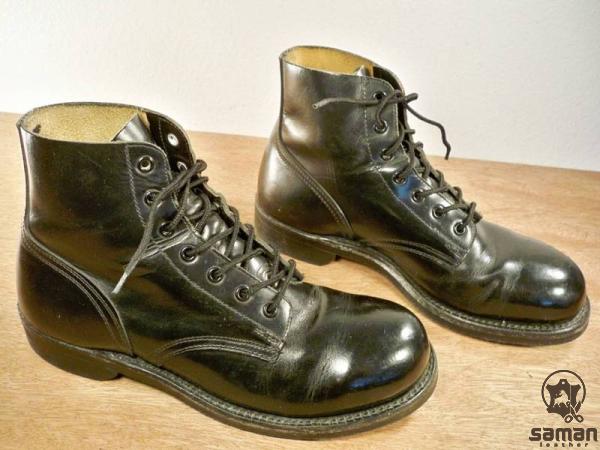
.
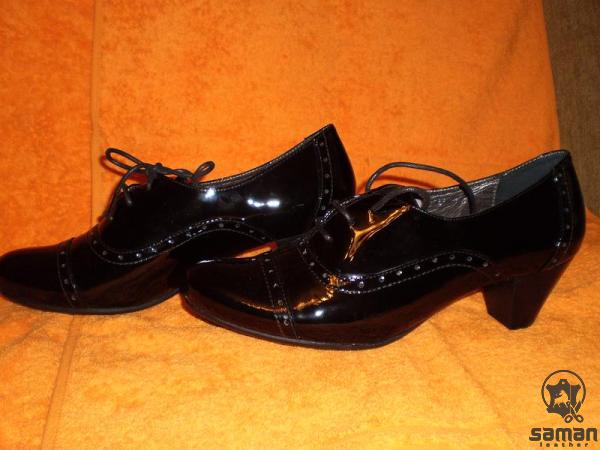 Comfort and Breathability: Breathability is a crucial factor for shoe comfort, as it allows proper airflow around the feet, preventing unpleasant odors and moisture build-up. Leather shoes excel in this aspect, thanks to the natural properties of animal hide. Leather is breathable, allowing air to circulate freely, ensuring a cool and dry environment for the feet. Synthetic leather shoes, on the other hand, may lack in breathability, often leading to discomfort during prolonged wear or hotter climates. Environmental Impact: As consumer awareness regarding sustainability and ethical practices increases, so does the emphasis on minimizing our environmental footprint. Leather production, although historically considered conventional and natural, has its drawbacks. The tanning process involves the use of chemicals, which can have adverse environmental effects if not handled responsibly. Synthetic leather, being a man-made product, can have a lower impact on the environment, provided it is produced using sustainable materials and processes.
Comfort and Breathability: Breathability is a crucial factor for shoe comfort, as it allows proper airflow around the feet, preventing unpleasant odors and moisture build-up. Leather shoes excel in this aspect, thanks to the natural properties of animal hide. Leather is breathable, allowing air to circulate freely, ensuring a cool and dry environment for the feet. Synthetic leather shoes, on the other hand, may lack in breathability, often leading to discomfort during prolonged wear or hotter climates. Environmental Impact: As consumer awareness regarding sustainability and ethical practices increases, so does the emphasis on minimizing our environmental footprint. Leather production, although historically considered conventional and natural, has its drawbacks. The tanning process involves the use of chemicals, which can have adverse environmental effects if not handled responsibly. Synthetic leather, being a man-made product, can have a lower impact on the environment, provided it is produced using sustainable materials and processes.
..
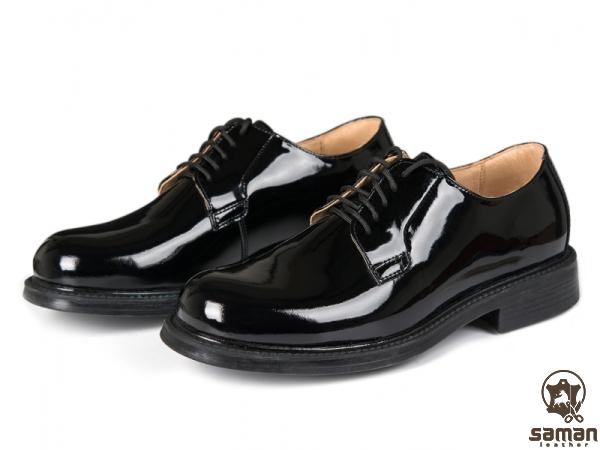 However, it is important to note that synthetic leather production relies on petroleum-based substances, which are not renewable resources. Affordability and Value: When comparing synthetic leather shoes with their genuine leather counterparts, cost plays a significant role. Generally, synthetic leather shoes tend to be more affordable than genuine leather shoes due to the difference in material and production costs. However, the value proposition differs for each individual. Leather shoes, known for their longevity and ability to age gracefully, offer a higher long-term value, as they can be reconditioned and repaired. Synthetic leather shoes, while budget-friendly, may not provide the same level of durability and may need to be replaced more frequently to maintain their aesthetic appeal.
However, it is important to note that synthetic leather production relies on petroleum-based substances, which are not renewable resources. Affordability and Value: When comparing synthetic leather shoes with their genuine leather counterparts, cost plays a significant role. Generally, synthetic leather shoes tend to be more affordable than genuine leather shoes due to the difference in material and production costs. However, the value proposition differs for each individual. Leather shoes, known for their longevity and ability to age gracefully, offer a higher long-term value, as they can be reconditioned and repaired. Synthetic leather shoes, while budget-friendly, may not provide the same level of durability and may need to be replaced more frequently to maintain their aesthetic appeal.
…
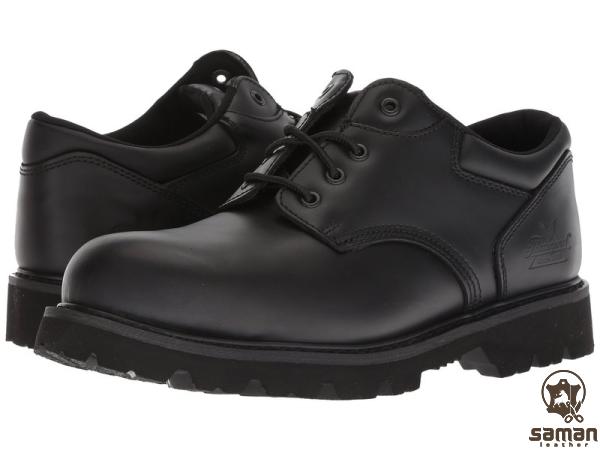 Conclusion: The choice between synthetic leather shoes and genuine leather shoes ultimately comes down to personal preferences, budget, and ethical considerations. While leather shoes boast superior quality, durability, and breathability, synthetic leather shoes offer affordability and a reduced environmental impact. Each option caters to different needs and priorities, making it crucial for consumers to carefully weigh their options before making a purchase. As the fashion industry continues to evolve, advancements in synthetic leather production techniques may bridge the gap between these two materials. Until then, the decision between synthetic leather and genuine leather shoes remains a matter of personal choice, based on factors such as comfort, style, durability, and environmental conscience.
Conclusion: The choice between synthetic leather shoes and genuine leather shoes ultimately comes down to personal preferences, budget, and ethical considerations. While leather shoes boast superior quality, durability, and breathability, synthetic leather shoes offer affordability and a reduced environmental impact. Each option caters to different needs and priorities, making it crucial for consumers to carefully weigh their options before making a purchase. As the fashion industry continues to evolve, advancements in synthetic leather production techniques may bridge the gap between these two materials. Until then, the decision between synthetic leather and genuine leather shoes remains a matter of personal choice, based on factors such as comfort, style, durability, and environmental conscience.
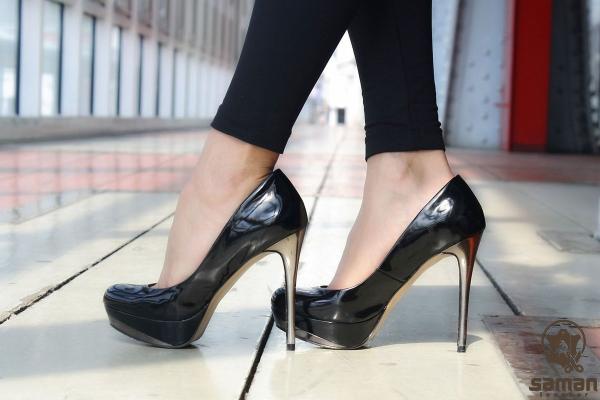
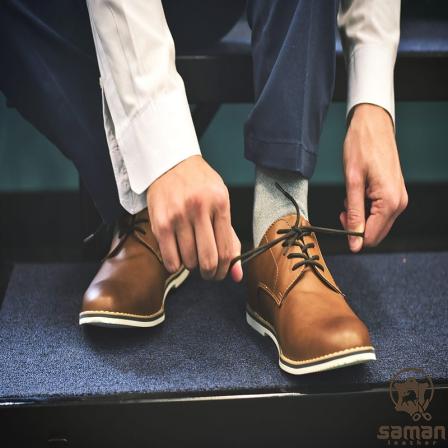
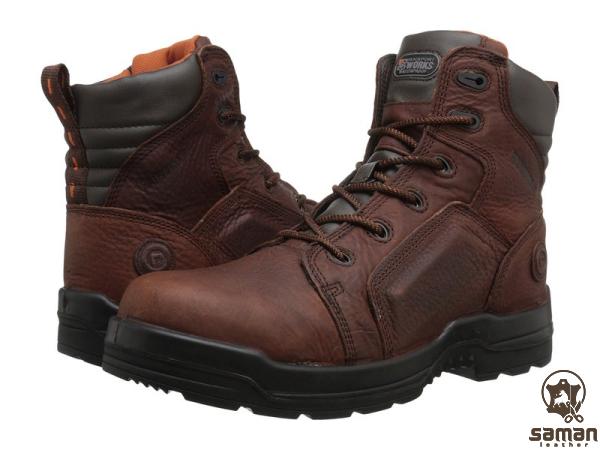
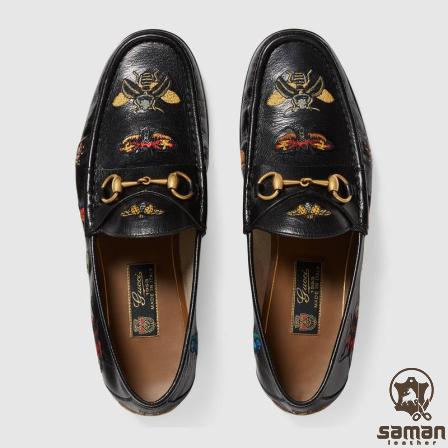
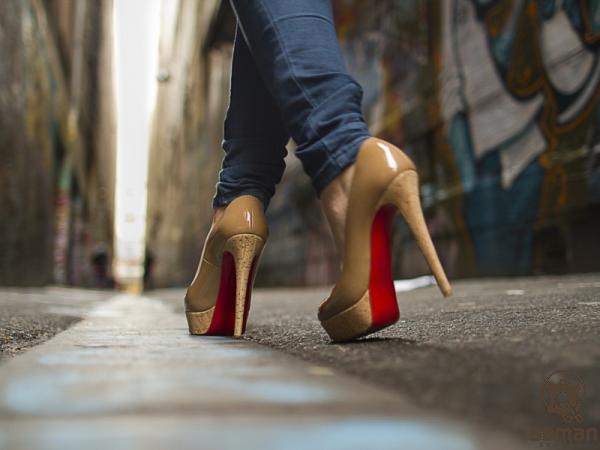
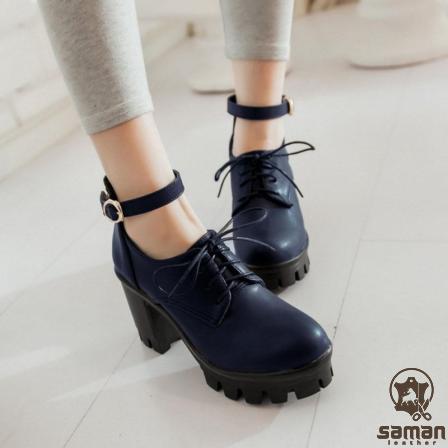
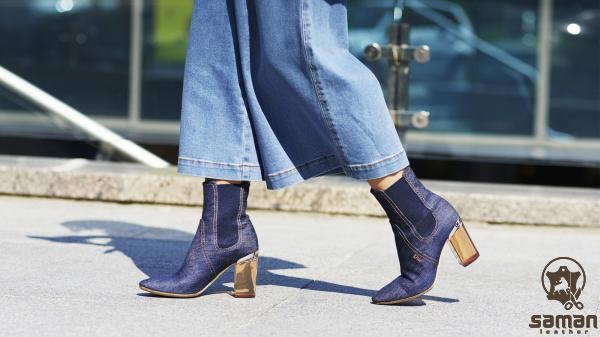
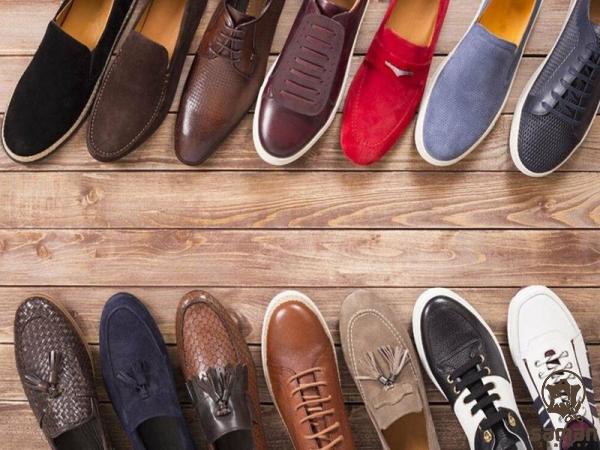
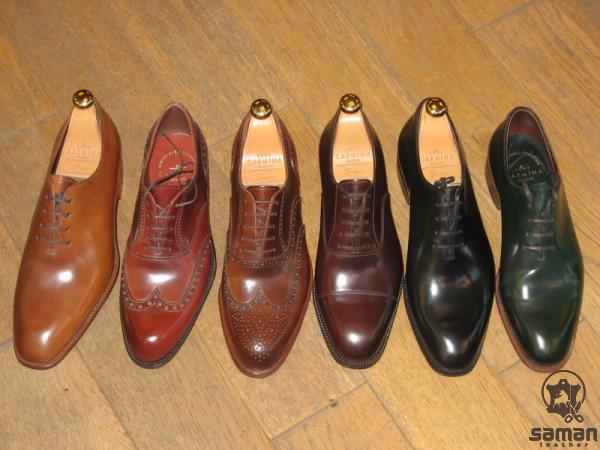
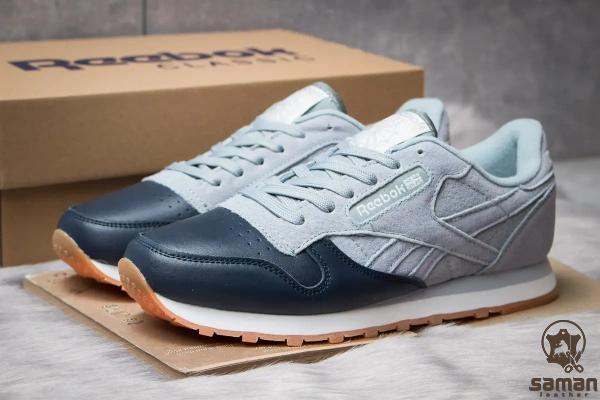
Your comment submitted.